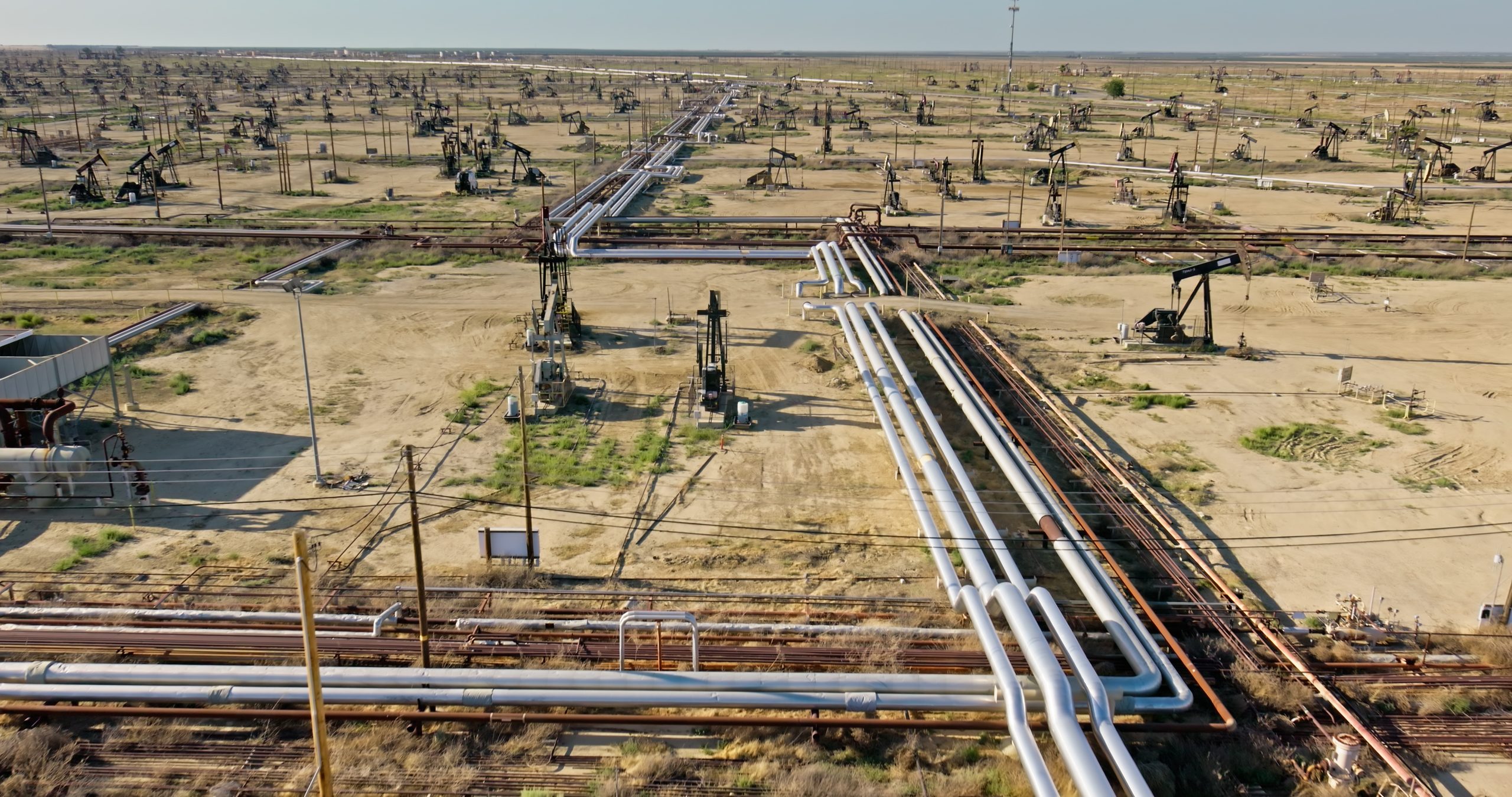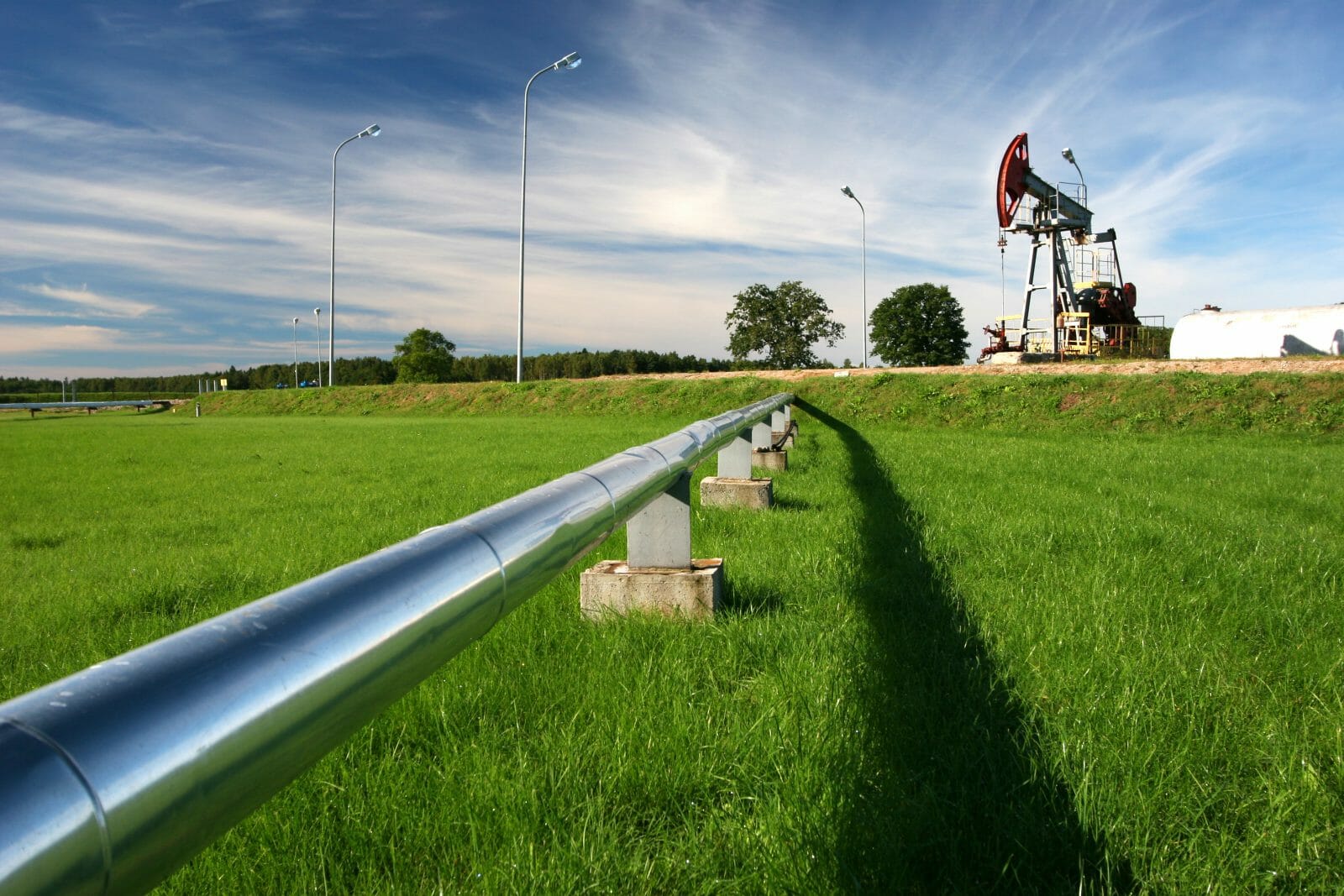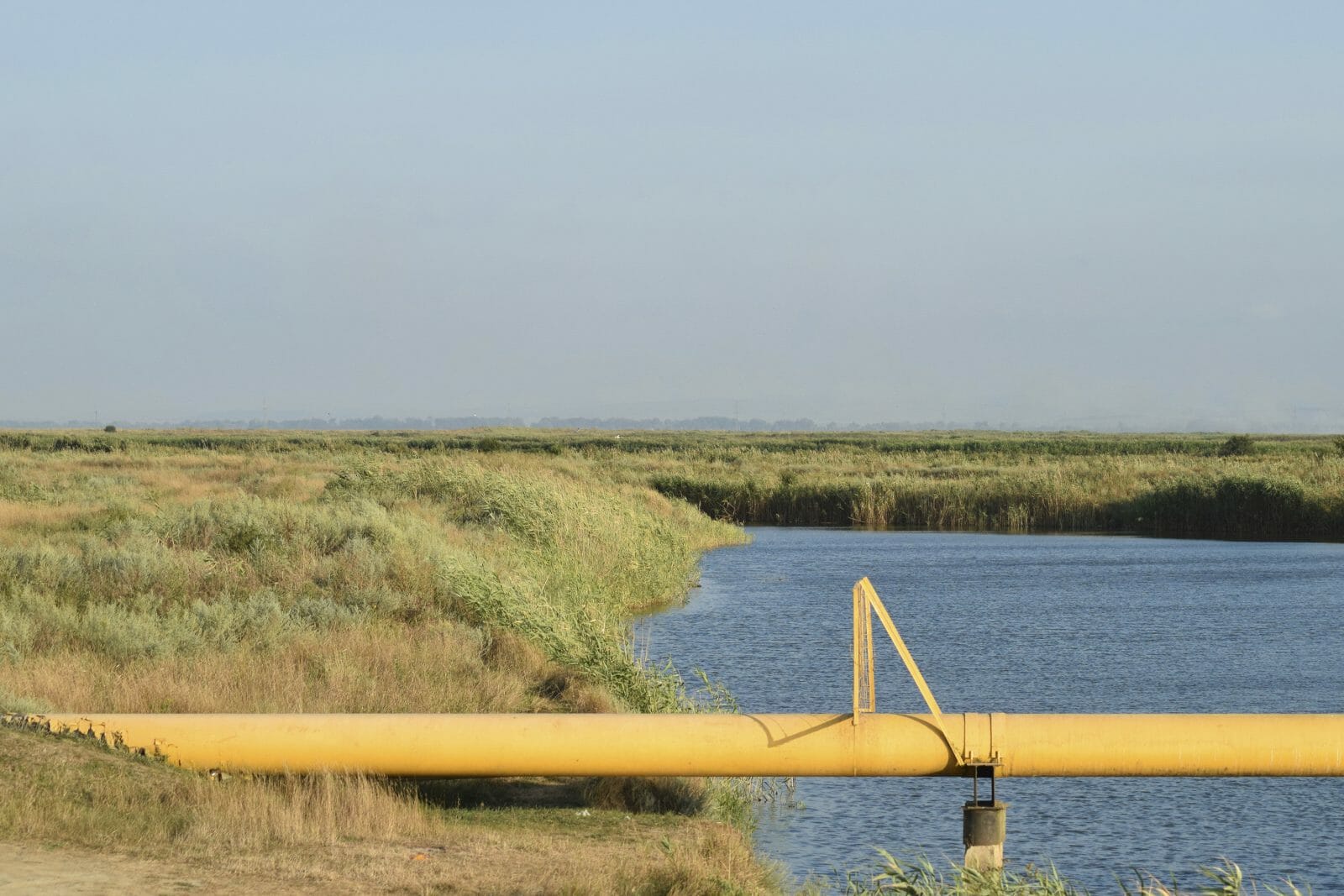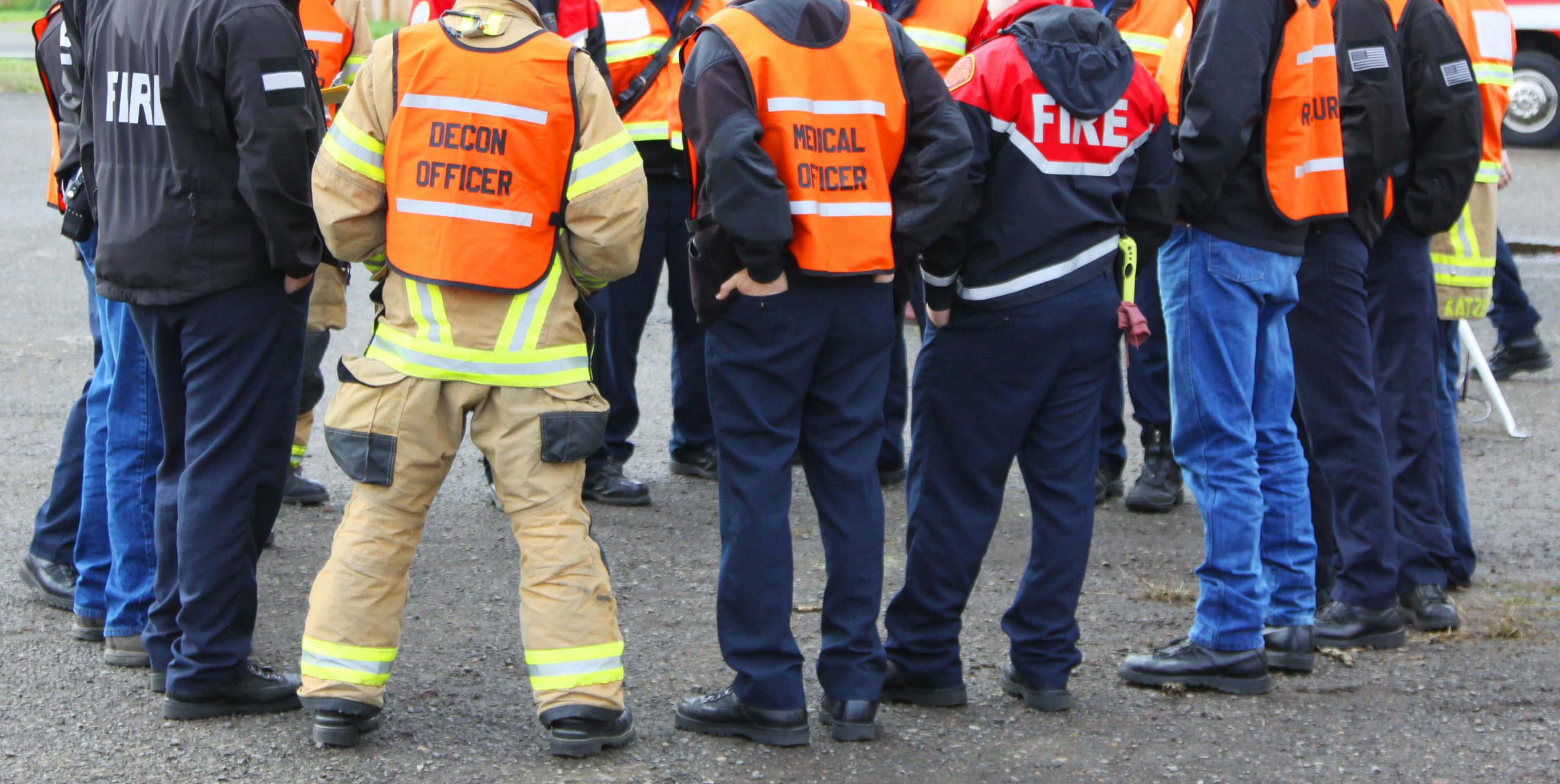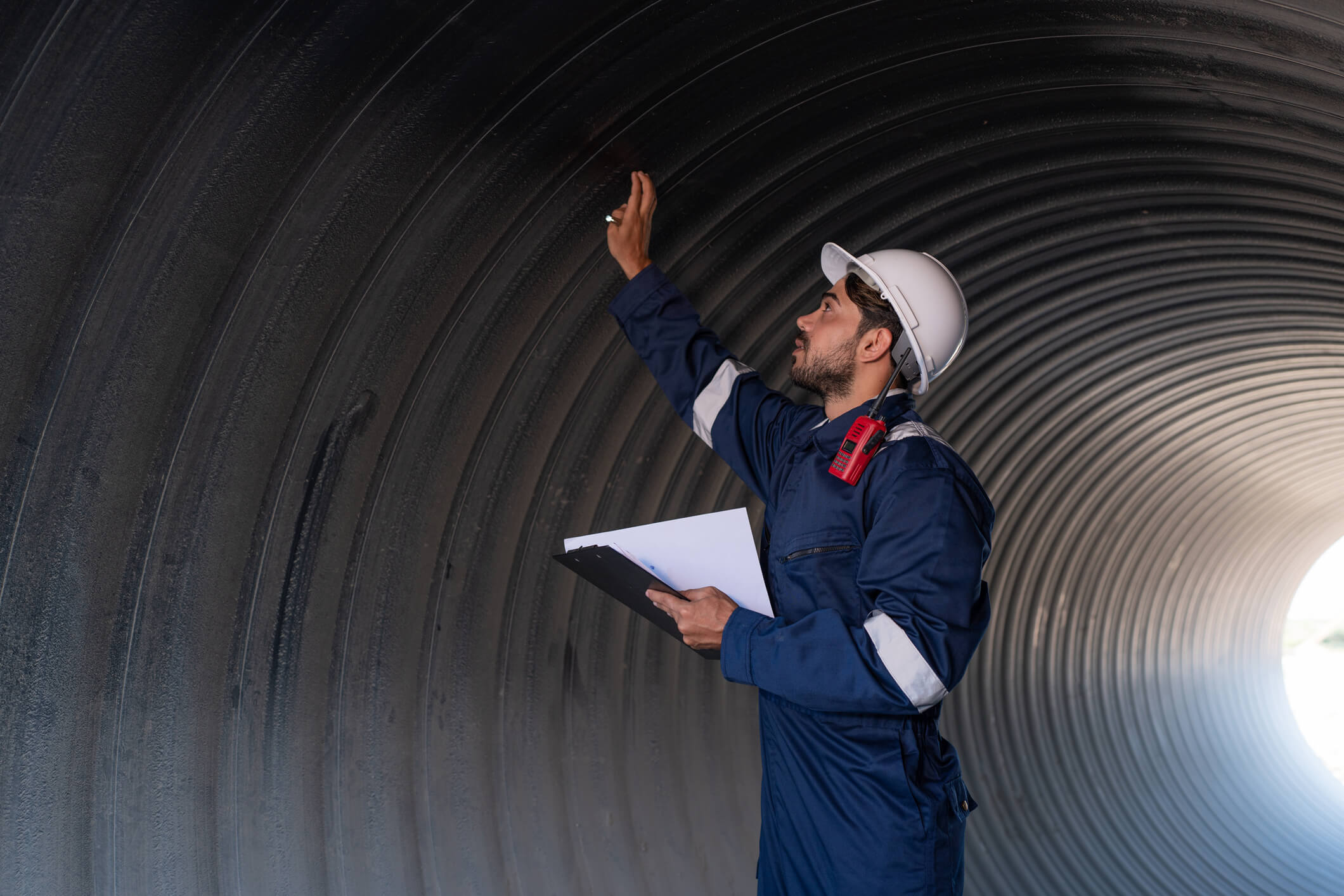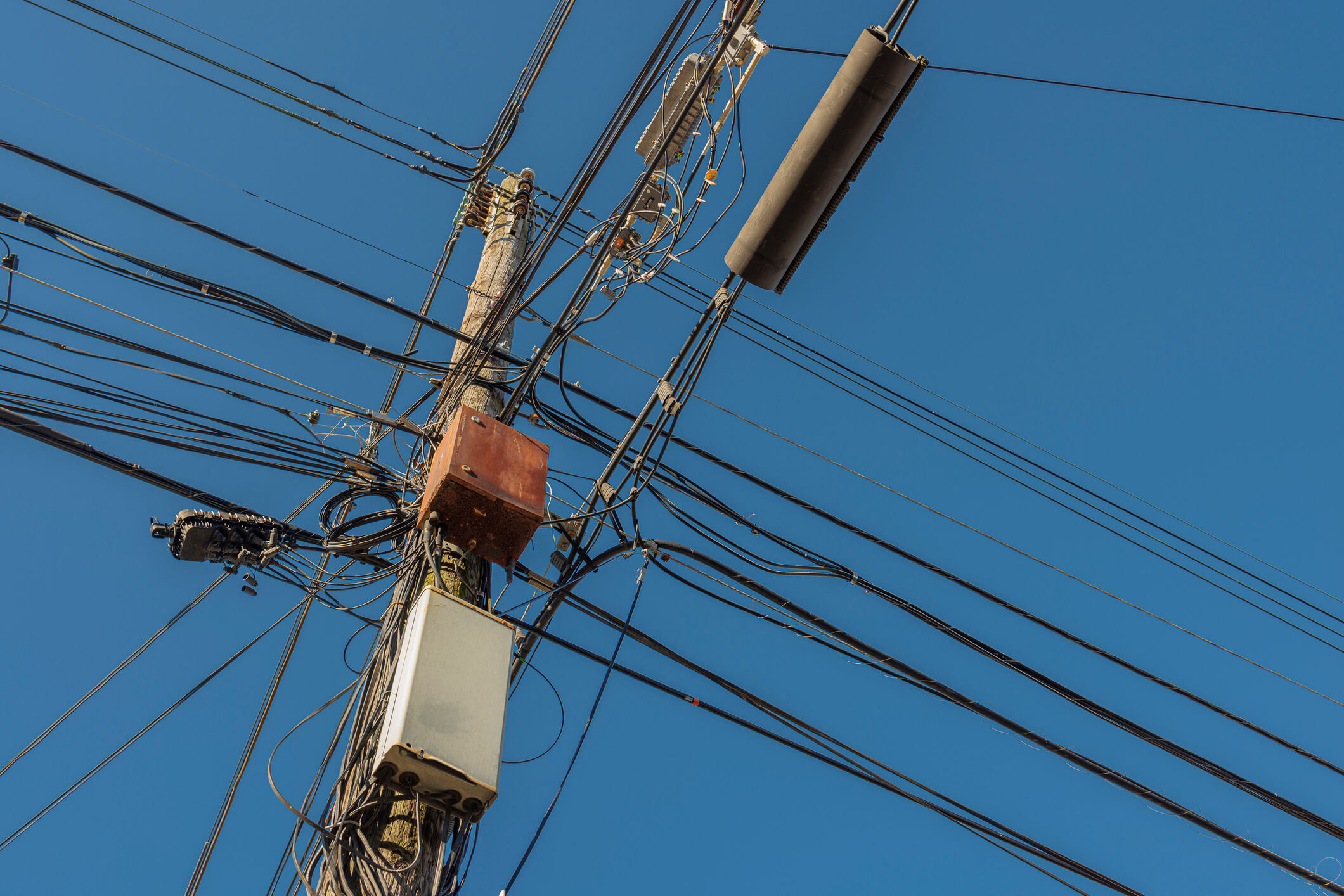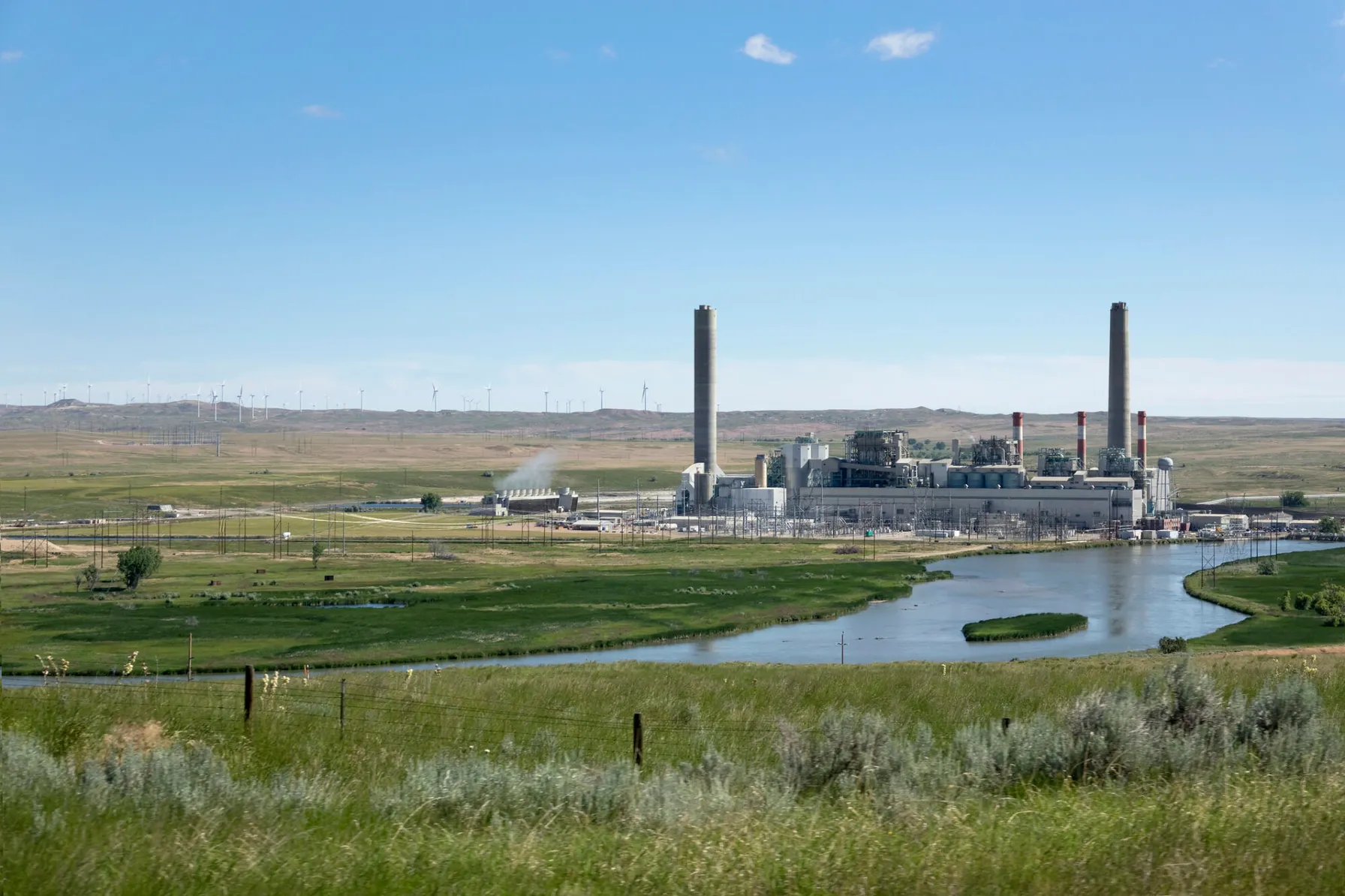This process happens naturally when metal materials deteriorate through oxidation. In regard to pipelines, corrosion can cause metal loss in the pipe, which leads to weakening and compromises the overall integrity of the pipe. There are two main types of corrosion — external, which is the outside material of the pipe reacting with the surrounding environment, and internal, which refers to interior pipe corrosion from the products traveling through it. Other specific types of corrosion can occur on pipeline components, such as seam corrosion.
What Is Pipeline Integrity?
Pipeline safety is our passion. When quality, experience and cost matter you can turn to our powerhouse integrity and compliance team.
The process of pipeline integrity ensures pipelines and their related components are properly and safely designed and operational. The goal is to safeguard pipelines from damage and defects all the way through their life spans, from design to decommissioning.
Because pipelines are exposed to extreme conditions, taking steps to improve and maintain pipeline integrity is essential. As a result, pipeline integrity management (PIM) involves numerous strategies to ensure the pipeline is continually safe for use.
Common Causes of Pipeline Failure
Understanding how a pipeline might fail is crucial, as it helps pipeline managers and maintenance workers better anticipate failures and enact proper PIM. There are several potential causes of pipeline failure, including:
One of the most common pipeline failure causes is external damage. For example, natural forces like landslides or temperature extremes, or other outside forces, such as vandalism, can lead to failures in pipeline integrity. These causes can be beyond human control, but PIM for external forces is still necessary.
The internal pressure within pipelines is often cyclical, which can lead to eventual interior wear. This kind of failure is more likely to happen over time as the inner wall of the pipe experiences pressure fluctuations.
Sometimes, defects can be present in the material manufacturing process for pipelines. This issue can lead to incomplete bonding in the steel components used to produce the pipe. While rare in modern pipeline production processes, impurities are still a possibility and can lead to failure later on.
Assurance That Critical Infrastructure Is Safe and Reliable
Pipeline integrity management ensures safety from conception to retirement. Our integrity management services include program development, data validation, risk analysis, corrosion evaluation, integrity engineering and integrity field services.
TRC’s experienced pipeline integrity team will get you in the rule and keep you in the rule. Not satisfied with standardized pipeline integrity solutions? Our experts provide carefully tailored integrity strategies that solve your specific challenges within your corporate framework and budget.
The need for accurate comprehensive analysis of integrity data is of the utmost importance to ensure you can make informed and accurate decisions about safely operating and maintaining your assets.
Integrity Engineering:
- HCA and MCA Identification and Class Locations Analysis (Gas)
- HCA Spill Modeling and Air Dispersion (Liquids)
- Emergency Flow Restricting Device (EFRD) Studies
- MAOP/MOP Calculation, Validation and Reconfirmation
- Pipeline and Facility Risk and Threat Identification
- In-Line Inspection (ILI) Program, Design and Implementation
- Remediation Planning
Integrity Field Services:
- ILI Program Management Including Repair and Remediation
- Integrity Dig Plan Development and Management
- ILI Tool Validation and Run Supervision
- Non-Destructive Testing (NDT) Services Including Validation
- Line Location and Structure Validation
- Asset and Class Location Verification
- Digital Field Data Capture
Corrosion Services:
- Direct Assessment Program Design and Management (ECDA, ICDA and SCCDA)
- CP Design and AC Mitigation
- Model Pipeline and HVAC Powerlines
- Close Interval Survey and Corrosion Mapping
- Coating Assessment
- MIC Sample Collection
- Test Stations, External Corrosion Coupons, Reference Cells and Anodes
Pipeline Integrity Management Projects
Discover the success we’ve had with helping our clients execute major projects and make a meaningful impact on their local communities.

